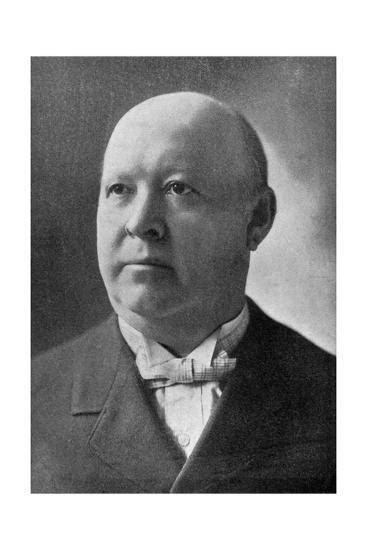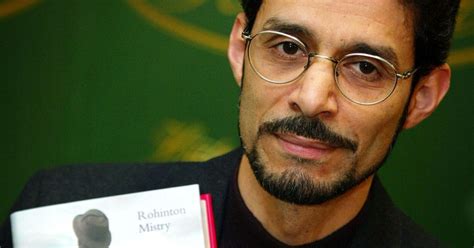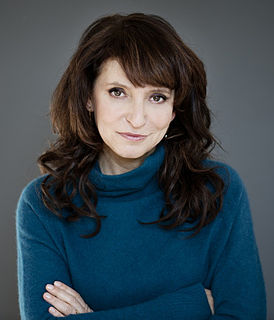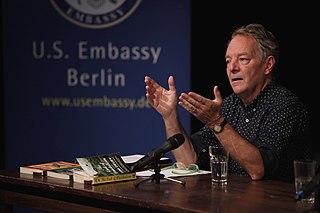A Quote by Terry Pratchett
I express preference for a chronological sequence of events which precludes a violence.
Quote Topics
Related Quotes
Historical chronology, human or geological, depends... upon comparable impersonal principles. If one scribes with a stylus on a plate of wet clay two marks, the second crossing the first, another person on examining these marks can tell unambiguously which was made first and which second, because the latter event irreversibly disturbs its predecessor. In virtue of the fact that most of the rocks of the earth contain imprints of a succession of such irreversible events, an unambiguous working out of the chronological sequence of these events becomes possible.
A person's life consists of a collection of events, the last of which could also change the meaning of the whole, not because it counts more than the previous ones but because once they are included in a life, events are arranged in an order that is not chronological but, rather, corresponds to an inner architecture.
Disgust is expressed by violence, and it is to be noted of our intellectual temper that violence is a quality which is felt to have a peculiarly intellectual sanction. Our preference, even as articulated by those who are most mild in their persons, is increasingly for the absolute and extreme, of which we feel violence to be the true sign. The gentlest of us will know that the tigers of wrath are to be preferred to the horses of instruction and will consider it intellectual cowardice to take into account what happens to those who ride tigers.
And then the work bears a strong sense of leave-taking for me personally. It ends the work I began in the 1960s (paintings from black-and-white photographs), with a compressed summation that precludes any possible continuation. And so it is a leave-taking from thoughts and feelings of my own on a very basic level. Not that this is a deliberate act, of course; it is a quasi-automatic sequence of disintegration and reformation which I can perceive, as always, only in retrospect.
It (the Chinese move to embrace capitalism in 1989) is a mirror of the corporatist state first pioneered in Chile under Pinochet: a revolving door between corporate and political elites who combine their power to eliminate workers as an organized political force. The creation of today's market society was not the result of a sequence of spontaneous events but rather of state interference and violence.


































